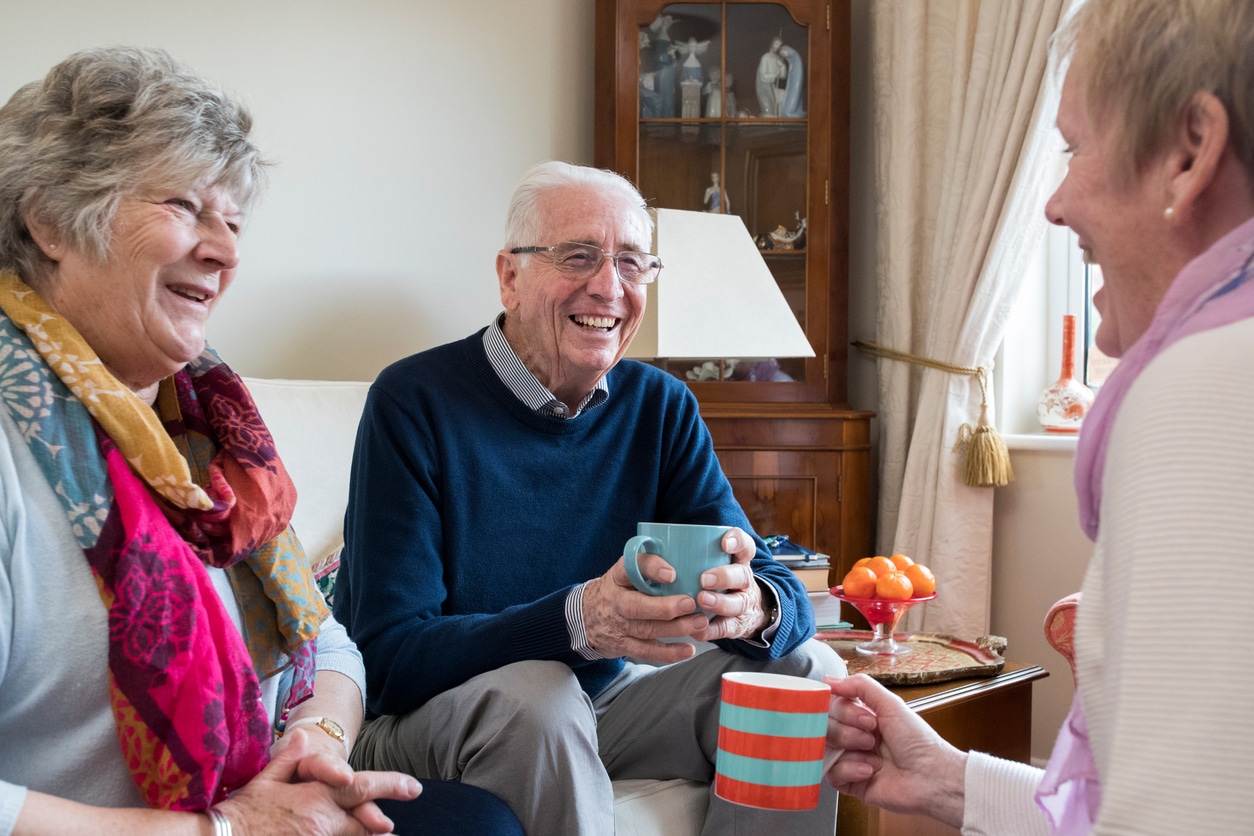As we age, various lifestyle and physiological changes often lead to a decline in appetite among seniors. While this decrease is considered normal due to reduced activity levels, slower metabolism, and diminished taste sensitivity, prolonged loss of appetite can indicate underlying issues that require attention.
Common Causes of Loss of Appetite
Loss of appetite in seniors can stem from various factors, including:
Reduced Physical Activity and Metabolic Rate
With age, seniors tend to be less active, leading to a decrease in energy expenditure and metabolic rate, thereby reducing their calorie needs.
Depression and Anxiety
Emotional factors like depression and anxiety can significantly impact appetite. Seniors may lose interest in activities they once enjoyed, including eating.
Health Complications
Serious illnesses such as dementia, Alzheimer’s disease, thyroid disorders, and COPD can lead to appetite loss due to the physical and emotional toll they impose.
Loss of Taste and Smell
Aging often results in diminished taste and smell senses, making food less appealing and reducing the desire to eat.
Dental Issues
Problems with teeth and gums can make chewing and swallowing difficult, affecting the enjoyment of meals and causing seniors to avoid eating.
Side Effects of Medications
Many seniors take multiple medications, which can alter taste perception or suppress appetite as a side effect.
Sedentary Lifestyle and Routine Disruptions
Lack of a structured routine, compounded by conditions like dementia, can lead to irregular eating patterns and diminished appetite.
Solutions to Improve Appetite in Seniors
Loss of appetite can lead to weight loss, malnutrition, and weakened immunity, all of which can impact overall health negatively. Fortunately, there are several effective strategies to stimulate appetite in elderly individuals:
Establish a Regular Eating Routine
Consistency in meal times helps regulate hunger cues. Gradually introduce snacks between meals to encourage a natural eating schedule.
Make Meals a Social Experience
Eating with family, friends, or participating in community meals can create a more enjoyable and stimulating eating environment, reducing feelings of loneliness or boredom.
Enhance Food Appeal with Spices and Herbs
Use flavorful spices and herbs to make meals more enticing, especially for those with reduced taste sensitivity. Experiment with different flavors while being mindful of any dietary restrictions.
Consider Appetite Stimulants
In cases where other methods have been ineffective, consult with a healthcare provider about prescription appetite stimulants. Ensure they are safe and compatible with other medications.
Promoting Healthy Appetite in Seniors
Loss of appetite in seniors can stem from a variety of reasons, from emotional and health-related factors to sensory changes and lifestyle habits. By understanding these causes and implementing appropriate strategies like establishing routines, enhancing mealtime experiences, and considering medical advice when necessary, caregivers and family members can help improve seniors’ appetite and overall well-being.
Maintaining a nutritious diet is crucial for seniors to sustain their health and vitality. Addressing appetite loss promptly can prevent complications such as muscle weakness, compromised immune function, and fatigue. By fostering a supportive environment and understanding the unique challenges seniors face, caregivers can play a vital role in promoting healthy eating habits. Encouraging regular physical activity, providing emotional support, and collaborating closely with healthcare providers can further enhance efforts to restore and maintain seniors’ appetite, ensuring they receive the essential nutrients needed for optimal well-being.




